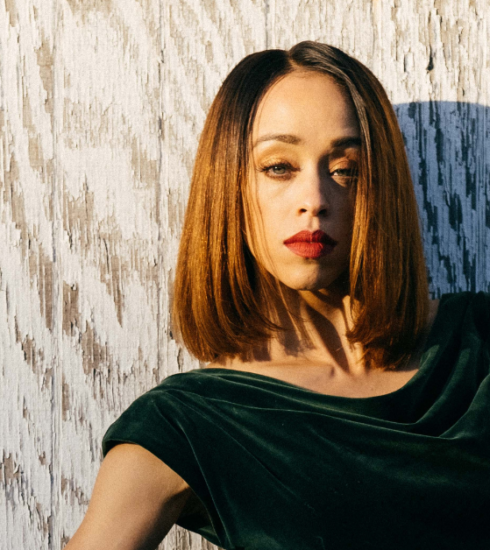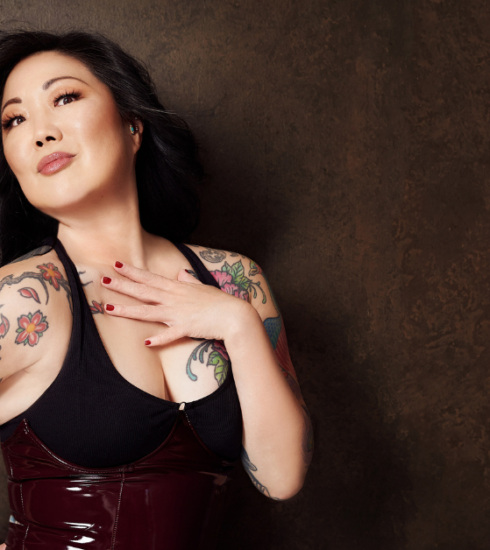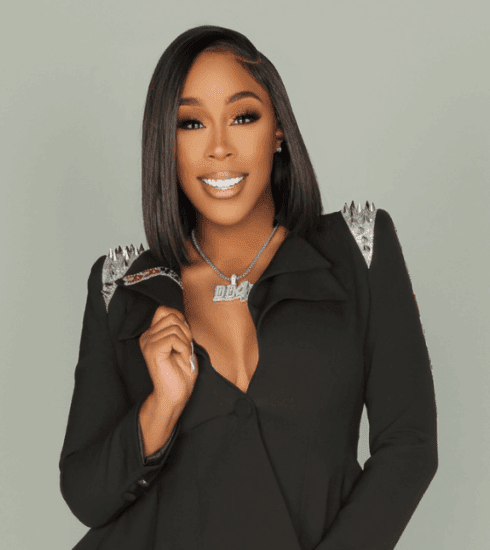Julian Horton: Faith, Vulnerability, and Portraying Roy’s Complex Journey in Tyler Perry’s Beauty in Black
What happens when a man’s search for love leads him down a path of pain and rebellion? For Julian Horton, this question lies at the heart of his portrayal of Roy in Tyler Perry’s Beauty in Black. Guided by faith and a deep understanding of vulnerability, Julian channels Roy’s brokenness into a story that mirrors the struggles of many Black men today.
In this exclusive interview, Julian shares how his spiritual convictions shape his work, why Roy’s fractured family dynamic holds a universal message, and how love—particularly agape love—has the power to heal even the deepest wounds. Through Roy, Julian invites audiences to look beyond the surface and confront societal norms, offering a message of compassion, empathy, and hope.

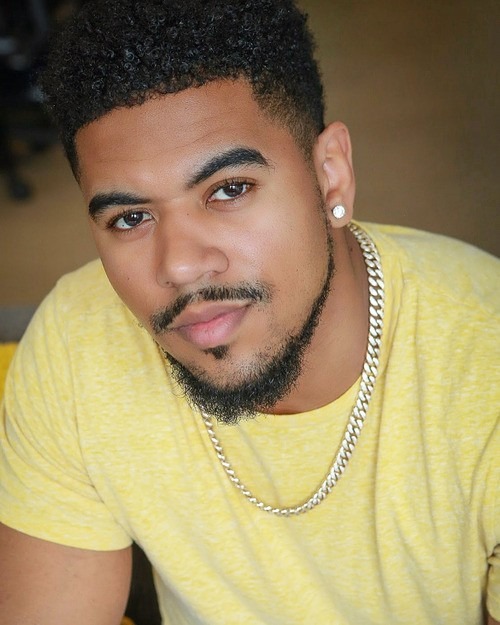
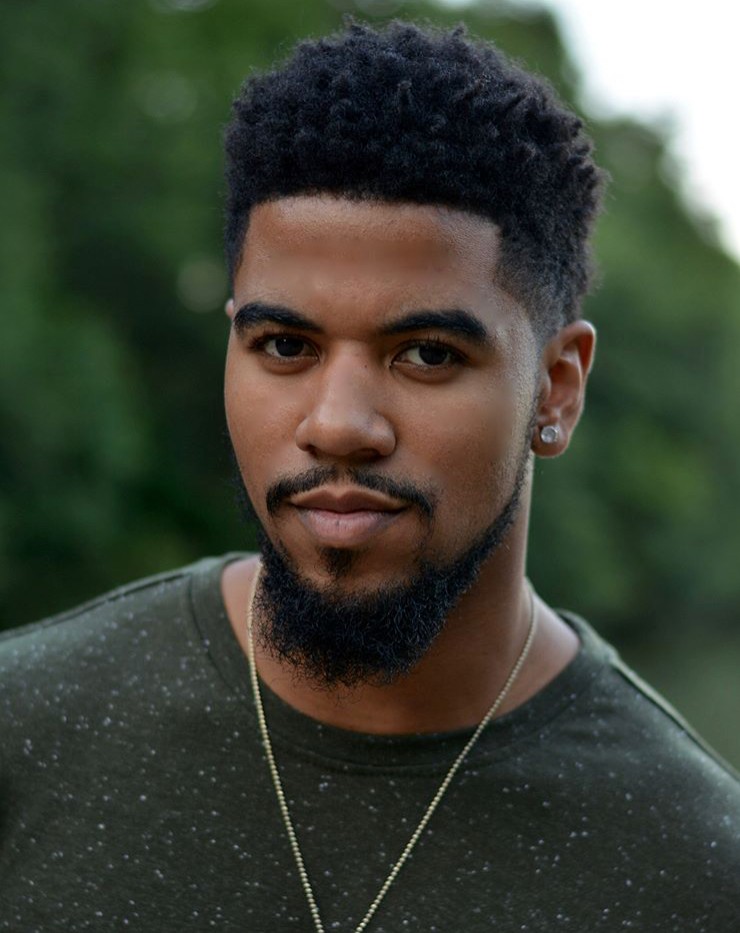
Roy’s Struggles: Brokenness and the Search for Agape Love
For Julian, portraying Roy means diving into the layers of pain, neglect, and a longing for acceptance. “People need that agape love,” Julian emphasizes, describing Roy’s struggles as emblematic of those who yearn for unconditional love yet find themselves trapped by destructive behaviors. Lacking proper nurturing as a child, Roy’s decisions are a reflection of his unresolved wounds. “He’s making all these decisions and stuff because he didn’t get the proper love and care that he needed when he was younger,” Julian shares.
At the heart of Roy’s pain lies his fractured relationship with his parents. Julian believes Roy’s rebellious façade masks a desperate need to feel valued by them. “I think he always wanted to be loved by [his parents],” Julian says, highlighting how the absence of love and stability shaped Roy’s turbulent path. Through Roy, Julian addresses the broader societal issue of absent fathers and the critical role of family in shaping lives. “It gives them more stability and more curation to their lives to be better people,” he reflects.
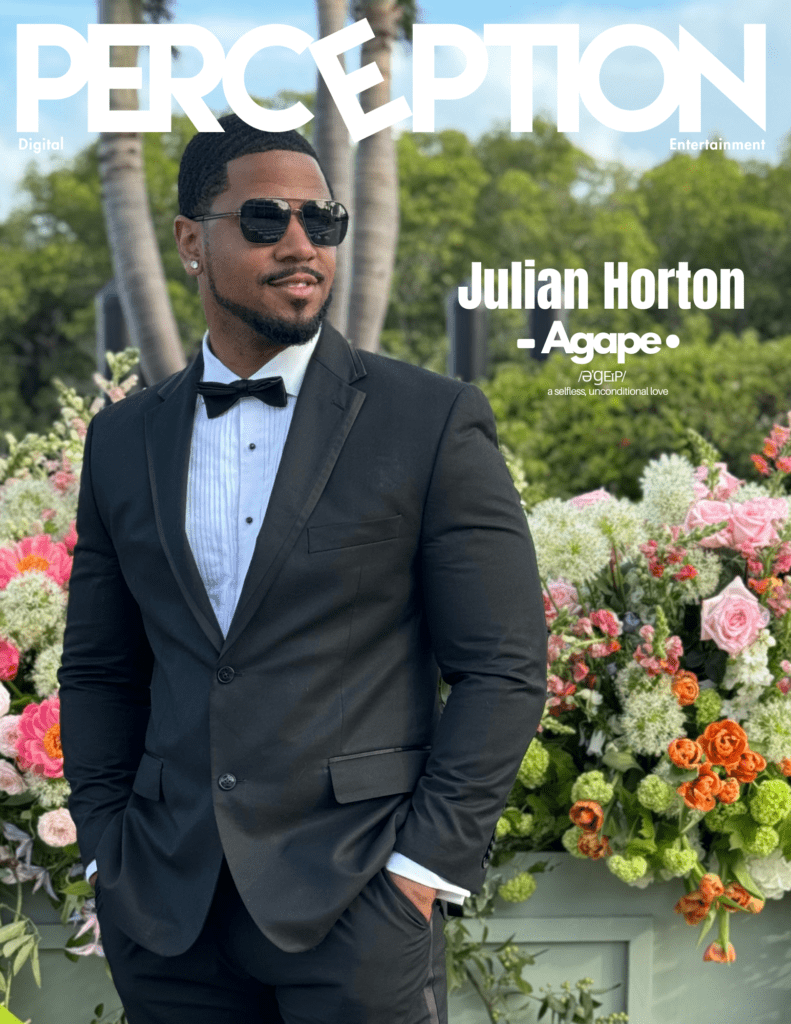
Humanizing Black Men Through Empathy
Julian ties Roy’s story to the challenges many Black men face—being misunderstood or unfairly judged. “Instead of villainizing them and being vilified, maybe we should just ask them, ‘What’s going on with you, bro? Are you all right?’” he says, advocating for empathy and understanding. He critiques societal norms that pressure Black men to suppress their emotions, rejecting the notion that vulnerability equates to weakness. “I’m going to be in touch with my emotions. I’m going to be vulnerable. I’m not going to give a damn,” Julian asserts.
Through Roy’s character, Julian hopes to inspire compassion and challenge stereotypes. He believes that love, care, and vulnerability are essential for healing and personal growth. “People need that care and concern and that adoration from young,” he concludes, reminding audiences of the transformative power of love.
A Parent’s Absence: The Root of Roy’s Pain
Roy’s struggles are deeply rooted in the absence of parental love, a theme Julian unpacks with heartfelt clarity. “Roy just stands for the fact of when you don’t show love and when you don’t have the proper care… that is the result,” Julian explains. This void forces Roy to seek love in destructive ways, turning to vices as substitutes for the affection he never received.
Despite his outward defiance, Roy’s behavior reveals his longing for acceptance. “I think he puts on the front of maybe not caring because, yeah, they don’t like me anyway, so whatever,” Julian observes. This façade highlights the internal conflict of a man shielding himself from the pain of rejection. Through Roy, Julian illustrates the far-reaching effects of unmet emotional needs, offering a lens to understand the behaviors of those searching for love in all the wrong places.
Chemistry Built on Trust: Julian Horton and Crystal Stewart
Julian attributes much of the authenticity in his on-screen relationship with Crystal Stewart to their strong off-screen bond. “We created a foundation that was built on love at first as people,” Julian says, describing how their connection blossomed during a pivotal car ride to a filming location. This moment of candid conversation became the cornerstone of their chemistry, enabling them to build a foundation of trust and respect.
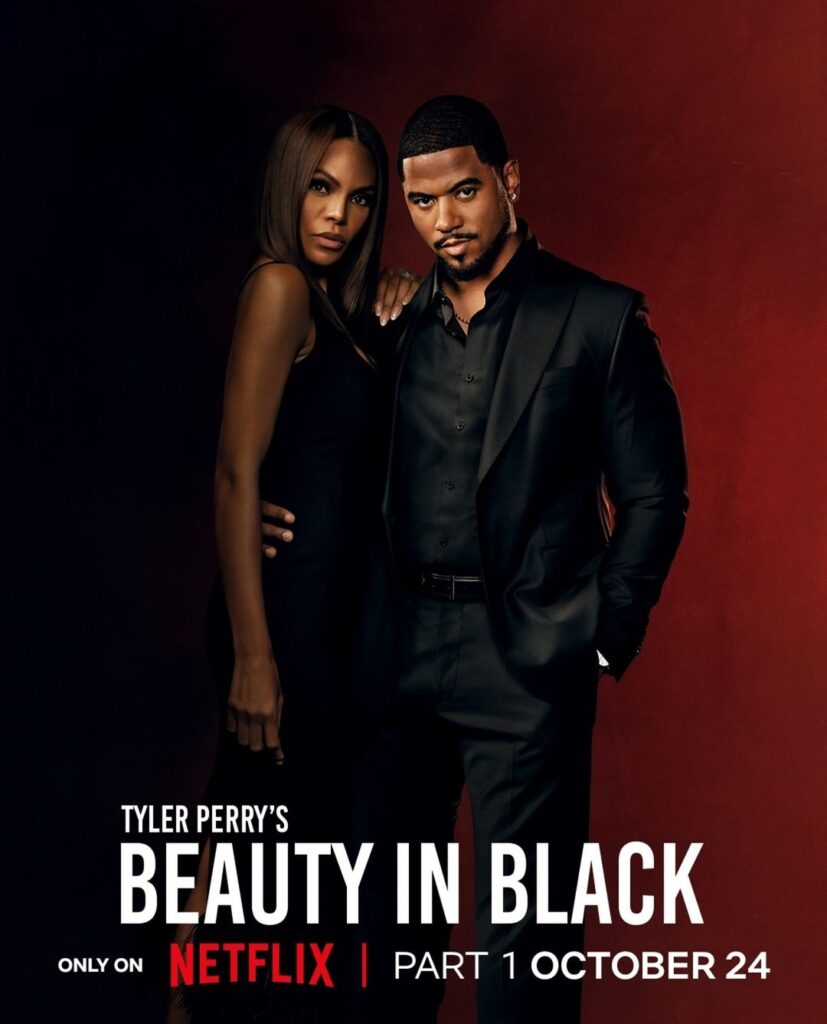
Julian praises Crystal’s talent and character, calling her “one of a kind.” Their ability to connect deeply off-screen enhanced the emotional depth of their performances, allowing them to navigate conflict and vulnerability with authenticity. “That was the foundational conversation and the starting point of our chemistry,” Julian notes, underscoring the importance of genuine relationships in storytelling.
Brotherhood On-Screen and Off: Julian Horton and Steven
Julian’s relationship with Steven, his on-screen brother, was marked by an immediate and natural camaraderie. “From day one, we already knew we were like brothers,” Julian recalls. Their shared energy and animated personalities formed the basis of their connection, translating effortlessly into their performances.
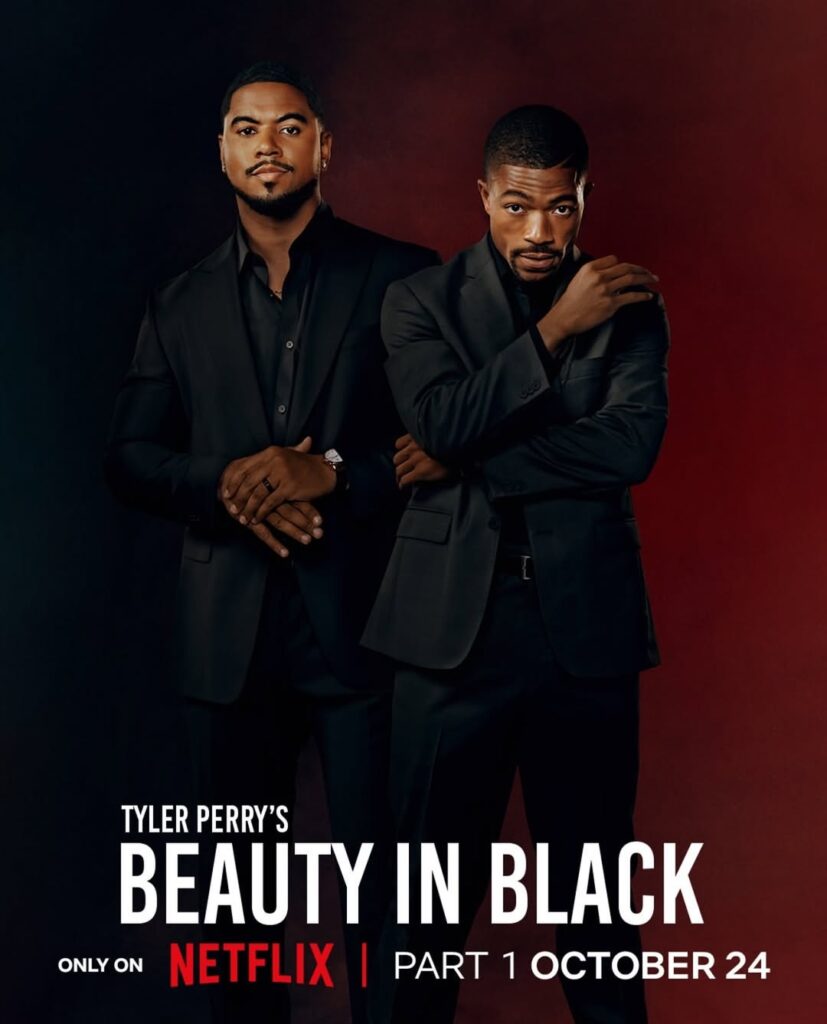
Much of their bond developed during downtime at the TPS Dream Building, where the duo spent hours in a “locker room” environment, exchanging stories and building trust. “We were already so brother-like in real life, and it just made it easy to transition onto the screen,” Julian says. Their real-life friendship brought authenticity to their portrayal, capturing the complexities of brotherhood with both humor and depth.
A Message of Healing and Love
Through his portrayal of Roy, Julian Horton offers more than just a performance—he delivers a message about the transformative power of love, care, and vulnerability. Roy’s journey mirrors the struggles of countless individuals who seek healing in a world that often misunderstands them.
“People need that care and concern and that adoration from a young age,” Julian reminds us, urging society to embrace compassion and understanding. His story is a call to action: to look beyond outward behaviors, offer grace, and nurture the humanity in others. By doing so, we can build a better world—one shaped by empathy, acceptance, and the agape love that Julian believes can heal even the deepest wounds.




